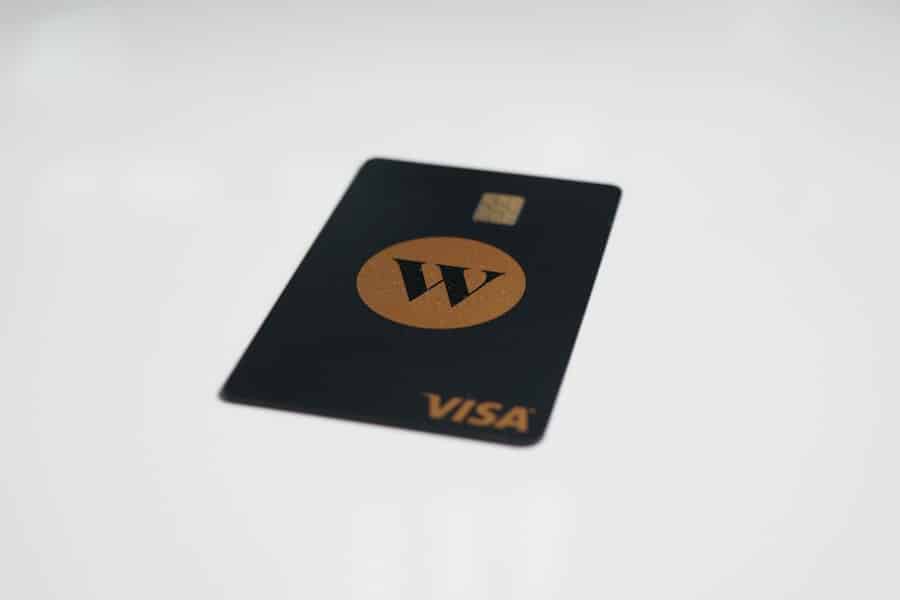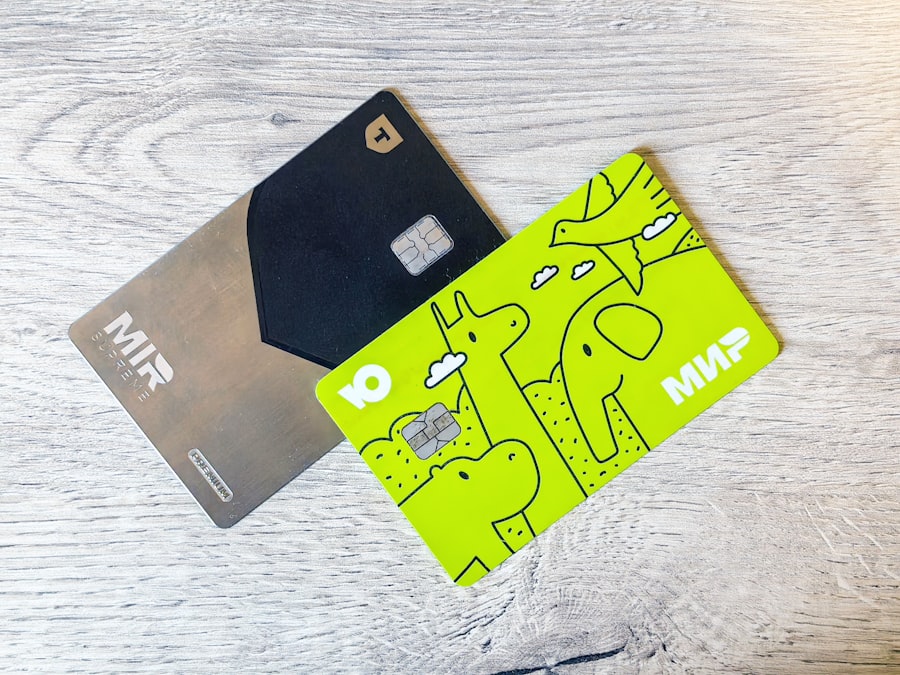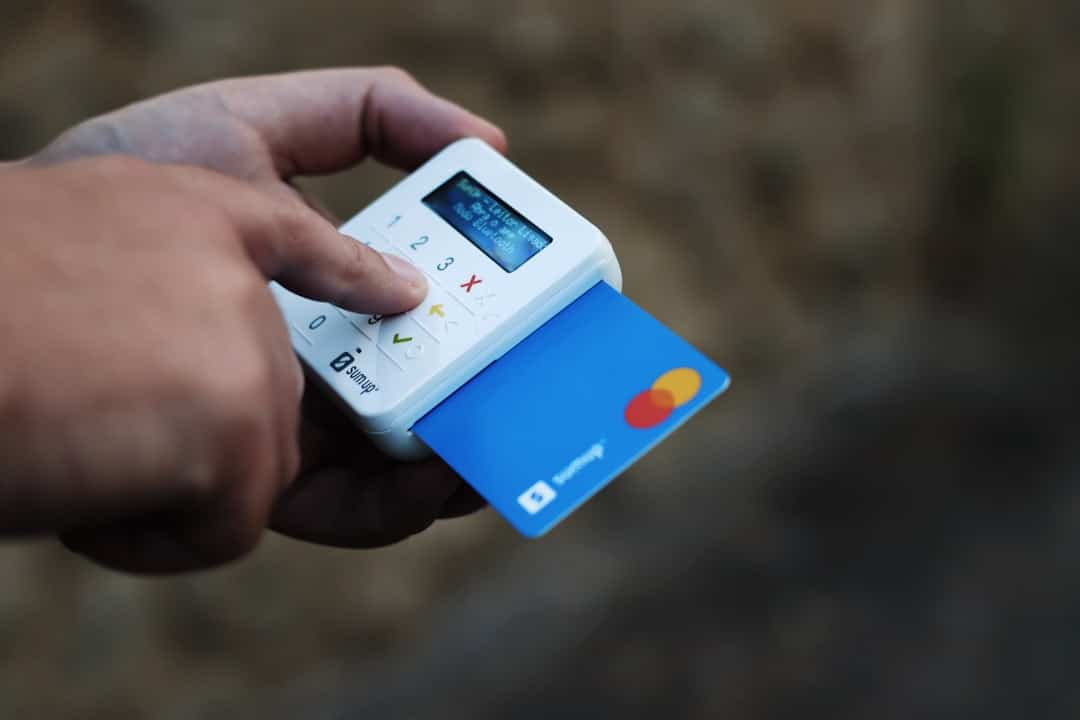In recent years, the rise of cryptocurrencies has transformed the financial landscape, leading to the emergence of innovative financial products designed to bridge the gap between digital currencies and traditional finance. Among these products, cryptocurrency debit cards have gained significant traction, allowing users to spend their digital assets in everyday transactions. These cards function similarly to traditional debit cards, enabling users to make purchases at millions of merchants worldwide, both online and in physical stores.
The allure of cryptocurrency debit cards lies in their ability to combine the benefits of digital currencies with the convenience of conventional payment methods. Cryptocurrency debit cards are typically linked to a user’s cryptocurrency wallet, allowing for seamless conversion of digital assets into fiat currency at the point of sale. This functionality not only simplifies the spending process but also opens up new avenues for cryptocurrency adoption among mainstream consumers.
As more individuals and businesses recognize the potential of cryptocurrencies, the demand for user-friendly solutions like debit cards is expected to grow, further integrating digital currencies into everyday life. This article delves into the various aspects of cryptocurrency debit cards, exploring their benefits, operational mechanisms, and the challenges they present in an evolving financial ecosystem.
Key Takeaways
- Cryptocurrency debit cards provide a convenient way to spend digital currencies in the real world, similar to traditional debit cards.
- The benefits of using cryptocurrency debit cards include lower fees, global acceptance, and the ability to easily convert and spend various cryptocurrencies.
- Cryptocurrency debit cards work by linking a user’s digital currency wallet to a physical or virtual card, allowing for seamless transactions at point of sale terminals.
- When comparing cryptocurrency debit cards to traditional debit cards, factors to consider include fees, security, and the ability to earn rewards or cashback.
- The future of cryptocurrency debit cards looks promising, with advancements in technology and increasing acceptance by merchants and financial institutions.
The Benefits of Using Cryptocurrency Debit Cards
Convenience and Accessibility
One of the primary advantages of cryptocurrency debit cards is their ability to facilitate instant transactions without the need for complex exchanges or conversions. Users can spend their cryptocurrencies directly at any merchant that accepts traditional debit or credit cards, making it easier to utilize digital assets in daily life.
Rewarding Experiences
Many cryptocurrency debit cards offer competitive rewards programs that can enhance the user experience. For instance, some cards provide cashback on purchases made with cryptocurrencies, while others may offer rewards in the form of additional cryptocurrency tokens. This incentivizes users to spend their digital assets rather than holding them indefinitely, promoting a more active engagement with the cryptocurrency ecosystem.
Financial Management Tools
Furthermore, these cards often come with features such as budgeting tools and spending analytics, empowering users to manage their finances more effectively.
How Cryptocurrency Debit Cards Work

The operational mechanics of cryptocurrency debit cards are designed to be user-friendly while maintaining the underlying principles of blockchain technology. When a user makes a purchase using a cryptocurrency debit card, the card provider converts the necessary amount of cryptocurrency into fiat currency at the current market rate. This conversion occurs in real-time, ensuring that users can complete transactions without experiencing significant delays or price fluctuations.
To facilitate this process, cryptocurrency debit card providers typically partner with payment processors and exchanges that handle the conversion and settlement of transactions. When a user swipes their card or enters their card details online, the payment processor verifies the transaction and communicates with the user’s linked cryptocurrency wallet to ensure sufficient funds are available. Once confirmed, the payment is processed, and the merchant receives payment in fiat currency, while the user’s cryptocurrency balance is adjusted accordingly.
Moreover, many cryptocurrency debit cards come equipped with mobile applications that allow users to monitor their balances, track spending habits, and manage multiple cryptocurrencies from a single interface. These apps often include security features such as two-factor authentication and biometric login options, enhancing user confidence in managing their digital assets.
Comparing Cryptocurrency Debit Cards to Traditional Debit Cards
When comparing cryptocurrency debit cards to traditional debit cards, several key differences emerge that highlight the unique advantages and challenges associated with each type of card.
Another notable distinction lies in the rewards and benefits offered by each type of card. While traditional debit cards may provide basic rewards programs or cash back on purchases, cryptocurrency debit cards often feature more robust incentives tailored to crypto enthusiasts. For example, some cryptocurrency debit cards offer staking rewards or bonuses for holding specific cryptocurrencies within the associated wallet.
This can create a more engaging experience for users who are invested in the crypto space. However, traditional debit cards generally benefit from established regulatory frameworks and consumer protections that may not yet fully apply to cryptocurrency debit cards. Issues such as chargebacks and fraud protection are well-defined in traditional banking systems, whereas users of cryptocurrency debit cards may face uncertainties regarding recourse in case of disputes or unauthorized transactions.
As such, potential users must weigh these factors carefully when considering which type of card best suits their needs.
The Future of Cryptocurrency Debit Cards
The future of cryptocurrency debit cards appears promising as technological advancements and increasing consumer interest continue to shape the financial landscape. As cryptocurrencies gain wider acceptance among merchants and consumers alike, it is likely that more financial institutions will develop and offer their own versions of cryptocurrency debit cards. This could lead to greater competition in the market, resulting in improved features, lower fees, and enhanced user experiences.
Moreover, as regulatory frameworks surrounding cryptocurrencies evolve, we may see increased consumer protections for users of cryptocurrency debit cards. This could help alleviate concerns regarding security and fraud while fostering greater trust in these financial products. Additionally, advancements in blockchain technology may enable even faster transaction processing times and lower fees for users, further enhancing the appeal of cryptocurrency debit cards.
Furthermore, as more individuals become familiar with cryptocurrencies and their potential benefits, we can expect an increase in demand for educational resources and tools that help users navigate this new financial landscape. Cryptocurrency debit card providers may respond by offering comprehensive guides and support services aimed at helping users understand how to maximize their benefits while minimizing risks.
Security and Regulations Surrounding Cryptocurrency Debit Cards

Security is a paramount concern for users considering cryptocurrency debit cards. Given the decentralized nature of cryptocurrencies and the potential for cyber threats, it is essential for card providers to implement robust security measures to protect user funds and personal information. Many reputable cryptocurrency debit card providers employ advanced encryption technologies and multi-signature wallets to safeguard assets against unauthorized access.
In addition to security measures implemented by card providers, regulatory oversight is becoming increasingly important as governments around the world seek to establish frameworks for cryptocurrencies and related financial products. Regulatory bodies are beginning to address issues such as anti-money laundering (AML) compliance and know-your-customer (KYC) requirements for cryptocurrency debit card issuers. These regulations aim to enhance transparency within the industry while protecting consumers from potential fraud or misuse.
However, the regulatory landscape remains fragmented across different jurisdictions, leading to uncertainty for both consumers and providers. Some regions have embraced cryptocurrencies wholeheartedly, while others have imposed strict restrictions or outright bans on their use. As regulations continue to evolve, it will be crucial for users to stay informed about their rights and responsibilities when using cryptocurrency debit cards.
Challenges and Risks of Using Cryptocurrency Debit Cards
Despite their many advantages, cryptocurrency debit cards are not without challenges and risks that potential users should consider before making a decision. One significant concern is market volatility; cryptocurrencies are known for their price fluctuations, which can impact the value of funds available on a debit card at any given moment. Users may find themselves facing unexpected losses if they do not monitor market conditions closely before making purchases.
Transaction fees also pose a challenge for users of cryptocurrency debit cards. While some providers offer competitive rates, others may charge high fees for conversions or withdrawals. These costs can add up quickly, particularly for frequent users or those making larger transactions.
It is essential for potential users to carefully review fee structures before selecting a card provider. Additionally, there is an inherent risk associated with relying on third-party services for managing digital assets. Users must trust that their chosen card provider has implemented adequate security measures and will act responsibly in handling their funds.
Instances of hacks or mismanagement within the crypto space have raised concerns about custodial risks associated with using cryptocurrency debit cards.
How to Choose the Right Cryptocurrency Debit Card
Selecting the right cryptocurrency debit card requires careful consideration of several factors tailored to individual needs and preferences. First and foremost, potential users should evaluate the range of supported cryptocurrencies offered by different card providers. Some cards may only support major cryptocurrencies like Bitcoin and Ethereum, while others may allow users to hold a diverse portfolio of altcoins.
Another critical aspect to consider is the fee structure associated with each card. Users should look for transparency regarding transaction fees, conversion rates, monthly maintenance fees, and any other costs that may apply when using the card. Comparing these fees across different providers can help identify options that align with budgetary constraints.
Security features should also play a significant role in decision-making. Users should prioritize providers that offer robust security measures such as two-factor authentication, biometric login options, and insurance against theft or loss of funds. Reading reviews from other users can provide valuable insights into a provider’s reputation regarding security and customer service.
Lastly, it is essential to consider additional features that may enhance the overall user experience. Some cryptocurrency debit cards come equipped with mobile apps that provide budgeting tools or spending analytics, while others may offer rewards programs tailored specifically for crypto enthusiasts. By evaluating these factors holistically, potential users can make informed decisions when choosing a cryptocurrency debit card that best meets their needs.
In a recent article on Enicomp, it was reported that a Cryptopunks NFT bundle recently went for $17 million in a Christie’s auction. This highlights the growing popularity and value of non-fungible tokens in the digital art world. The article explores how NFTs are revolutionizing the way artists and collectors interact with digital art, much like how cryptocurrency debit cards are bridging traditional finance. To read more about this fascinating trend, check out the article

